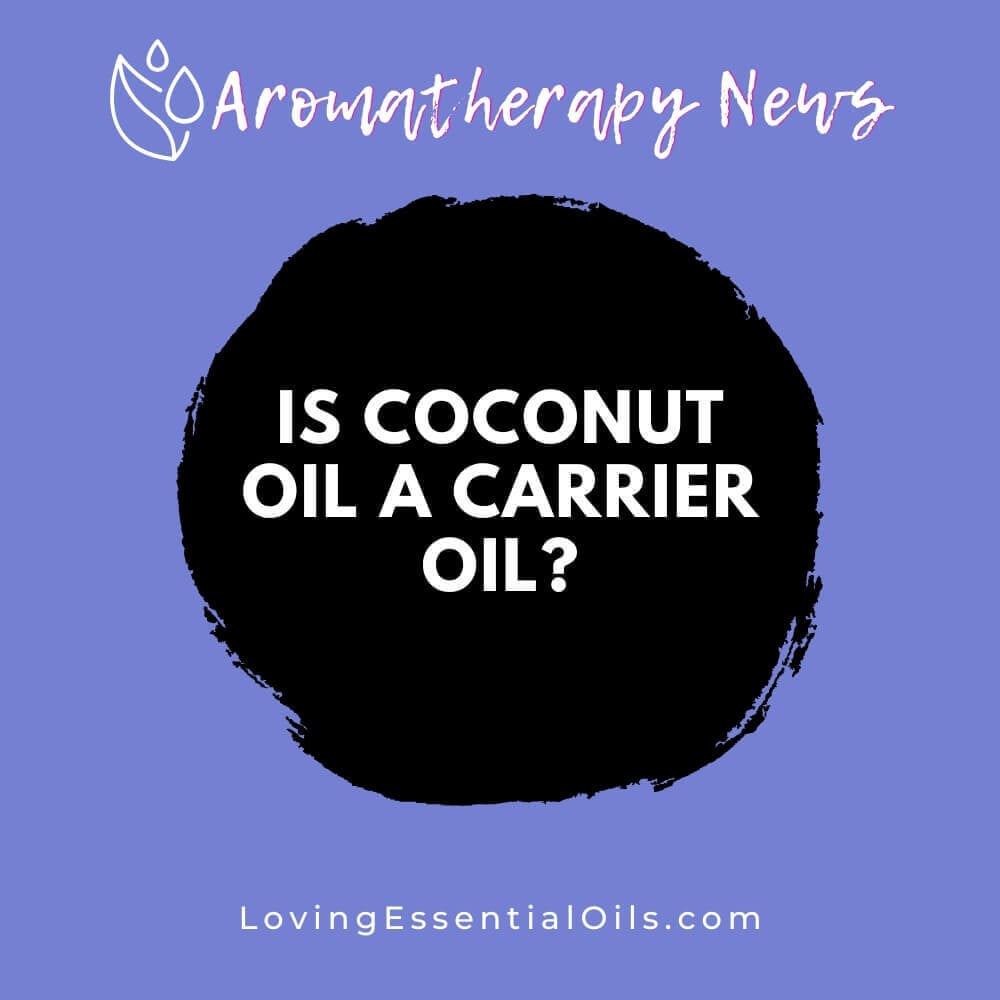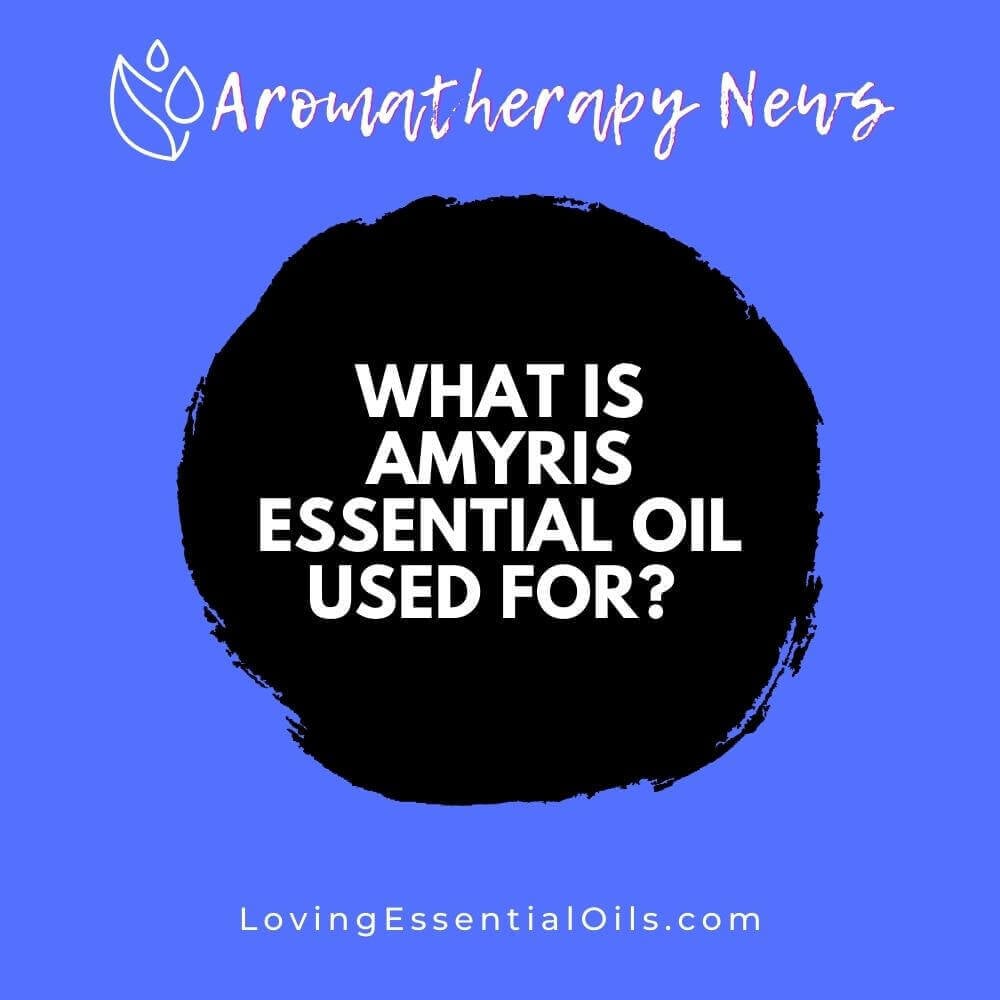You've heard of coconut oil, haven't you? Maybe you’ve seen it at your local grocery store, perched gracefully on the shelf, or perhaps your best friend has raved about its magical properties for hair and skin. But here’s the question: Is coconut oil a carrier oil?
Yes, it is. But don’t just take my word for it. Let’s embark on a journey to explore the splendid world of oils—both essential and carrier—and unearth the secrets preserved within the humble coconut.
What is a Carrier Oil?
Carrier oils are plant-based oils packed with essential fatty acids, vitamins, and nutrients that "carry" essential oils to your skin, diluting their potency so that they can be applied safely.
Picture them as gentle caregivers, shielding you from the overpowering intensity of essential oils.
Why Use Carrier Oils?
Essential oils are highly concentrated and volatile. They can be too strong when applied directly to the skin, often causing irritation.
Carrier oils, with their soothing and nurturing qualities, temper the strength of essential oils, allowing for safe application. Moreover, they have their own beneficial properties, which can enhance the effectiveness of essential oils.
Coconut Oil Overview
Coconut oil is derived from the meat of matured coconuts harvested from the coconut palm. By the very essence of nature's whim, it is a tropical treasure chest.
Rich, velvety, and luxuriantly fragrant, coconut oil stands out not only for its sensory splendor but also for its multitudinous uses, spanning from culinary delights to skincare marvels.
Types of Coconut Oil
There are various forms of coconut oil, each yielding unique properties:
- Virgin Coconut Oil: This type is made from fresh coconut meat that is cold-pressed to extract the oil. This process retains more of the natural nutrients and flavor of the coconut, giving it a distinct coconut aroma and taste.
- Refined Coconut Oil: Derived from dried coconut meat (copra), without the intoxicating scent of coconut.
- Fractionated Coconut Oil (MCT Oil): An unscented version that is always in liquid form and is favored for its long shelf life. This is a common carrier oil for making essential oil roller recipes, massage blends, and body oils.
So, when one inquires if coconut oil is a carrier oil, what they’re truly seeking is deeper understanding.

Properties of Coconut Oil as a Carrier Oil
Coconut oil is brimming with saturated fats, particularly lauric acid, which offers antibacterial and anti-inflammatory benefits. These inherent qualities make coconut oil an excellent companion for essential oils, amplifying their therapeutic values.
Absorption and Consistency
The skin adores coconut oil. It's absorbed easily, bestowing a non-greasy, silky texture. As a carrier oil, it's adept at allowing essential oils to penetrate deeply into the skin. Think of it as the perfect host, graciously ushering welcome guests to an awaiting audience.
Versatility in Use
From aromatherapy and massage blends to skincare concoctions, coconut oil reigns supreme. It's a jack-of-all-trades in the world of carrier oils, capable of carrying both the ethereal whispers of lavender and the robust exuberance of eucalyptus.
Benefits of Using Coconut Oil as a Carrier Oil
Coconut oil hydrates, soothes, and restores the skin’s natural glow. It's lauded for its antioxidant qualities, fighting off free radicals and delaying aging signs. When paired with essential oils, it magnifies their rejuvenating effects.
Hair Care Guardian
Using coconut oil as a versatile hair elixir leaves your tresses deeply conditioned, shiny, and strong. A soothing scalp massage with essential oils carried by coconut oil can banish dandruff and stimulate hair growth.
Caution: Virgin coconut oil is a saturated fat, which means it solidifies at room temperature. When poured down the drain, it can solidify and cause blockages in your pipes. This can lead to costly plumbing repairs and inconvenience.
Therapeutic Synergy
Essential oils, by their very nature, are potent. When diluted in coconut oil, their therapeutic possibilities are unlocked, ranging from stress relief to alleviating chronic pain. Imagine the harmonious dance—essential oils, spirited and untamed—finding balance within the composed cradle of coconut oil.
Related Post: How to Use Coconut Oil for Dry Feet
How to Use Coconut Oil with Essential Oils
Topical application of essential oils is a common use of coconut oil. It can be used for targeted relief or skin treatments, mix your chosen essential oil with coconut oil and massage into the desired area.
Dilution Guidelines
The most common dilution ratio for topical use in adults is a 2% dilution, which means combining 12 drops of essential oil with one ounce (30 ml) of coconut oil. Always adhere to dilution recommendations to avoid skin sensitivity. Get our dilution charts here.
Recipes to Try
Relaxing Massage Oil:
Combine lavender essential oil with fractionated coconut oil for a soothing massage blend.
Nourishing Night Serum:
Create a bedtime facial serum using rosehip oil, frankincense essential oil, and virgin coconut oil to rejuvenate and nourish your skin overnight.
Related Post: Coconut Oil Lip Balm Recipe
Safety Precautions and Considerations
Storage and Shelf Life: Store coconut oil in a cool, dark place to preserve its quality. Virgin coconut oil remains stable for up to two years, while fractionated coconut oil extends even longer.
Sensitivity and Allergies: Though coconut oil is gentle, individuals with coconut allergies should avoid its application. Always perform a patch test before widespread use to ensure no adverse reactions.
Ethical Considerations: Opt for organic, sustainably sourced coconut oil to support ethical practices. Remember, every drop reflects our earth’s bounty and our responsibility towards it.
Final Thoughts on Coconut Oil as Carrier Oil
So, is coconut oil a carrier oil? Absolutely, yes. Delving into its enthralling benefits and versatile applications reveals why it’s favored globally. Its harmony with essential oils, enriching capabilities, and tender nurturing make it a champion among carrier oils.
Coconut oil isn’t just a carrier oil—it’s a tender ally, a faithful companion guiding essential oils to unveil their true potential on your skin and beyond. Let’s continue to discover and cherish the wonders of nature, one oil drop at a time.
Share on Pinterest






